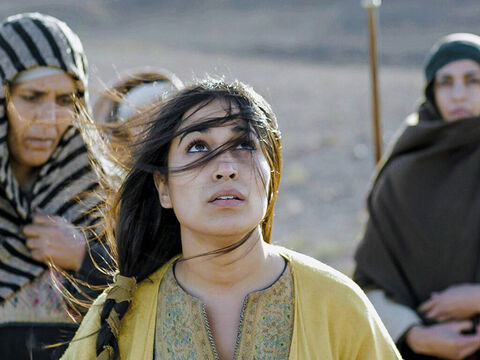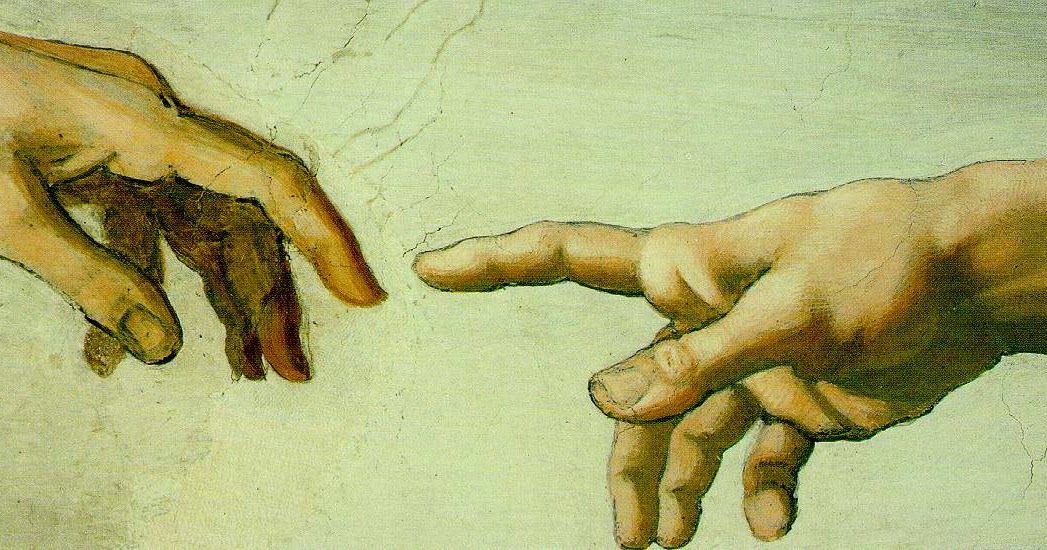Forum Summary: We’ve Got to Own It
Author: Juliette McNair | Student, Living Education 2021
Estimated reading time: 3 minutes, 23 seconds.
Dr. Scott Winnail, the pastor of several congregations in Maryland, Pennsylvania, and Virginia, spoke to the Living-Ed students over WebEx. Dr. Winnail was the Dean of Faculty and Executive Vice President of Living University. He assisted in the transition of LU into Living Education and taught the Living-Ed Christian Living course for the first few semesters. He said, “It’s a treat to talk to you. I chose to talk about a subject I hope I can make relatable to you at this stage in your life.” He asked the students how they had been leaders in the past and what leadership roles they aspire to have. Leadership is a fundamental component of life—even for young people. Dr. Winnail explained, “God is looking to us to be leaders so He can use us.”
“Leaders must own everything in their world.”
Dr. Winnail referenced the book Extreme Ownership How U.S. Navy SEALS Lead and Win by Jocko Willink and Leif Babin. The book shows leaders and aspiring leaders how to have a positive influence on everyone around them. Willink wrote, “Leaders must own everything in their world. There is no one else to blame.” Dr. Winnail asked the students, “Does that sound extreme? We can’t control everything and everyone else, but we have way more sway than we might think.” In his forum, Dr. Winnail pulled two principles from Extreme Ownership about how Christians can take ownership in their lives.
“There are no bad teams, only bad leaders.”
The first point was illustrated in a story from Willink and Babin’s book. In a SEAL training exercise during Hell Week, groups of men were assigned to inflatable boats and went through a series of races. A crew-leader directed each group. After a few rounds of these races, one team continued to place first while another team regularly placed last. The head instructors then switched the leaders of these teams. The originally winning team maintained relative success—the team had learned how to work together, even under the poor leader. The former losing team with the good leader placed first consistently. Dr. Winnail used the account of David’s census of Israel as an example of ownership in leadership. David admitted he had sinned, took responsibility for his mistake, and didn’t blame Joab or his team for his failure (1 Chronicles 21:8). Dr Winnail said, “Effective Godly leaders own up to their mistakes.” Good leaders don’t blame their team but lead their team to be better.
“Good leaders check their ego.”
The authors of the book wrote, “Implementing Extreme Ownership requires checking your ego and operating with a high degree of humility.” Good leaders don’t feel threatened by those under them and are willing to listen to advice. According to Josephus, Moses was a general and powerful political figure in Egypt. Yet Moses listened and took Jethro’s advice on governing Israel (Exodus 18:24). He was “very humble, more than all men who were on the face of the earth” (Numbers 12:3). Dr. Winnail said, “He was meek, teachable, and approachable. He was willing to check his ego and not pull rank.” Romans 12:3 reads, “For I say… to everyone who is among you, not to think of himself more highly than he ought to think… as God has dealt to each one a measure of faith.” Dr. Winnail pointed out that God gives gifts to each person differently—we are not God’s gift to mankind.
We’ve Got to Own It
“We don’t know all the future leadership roles we might have, and, frankly, we don’t even know all the roles we are in now.” Dr. Winnail said, “We have to own the truth. We have to own the Work.” God is watching for young leaders who will step up and take ownership of everything within their world. Christian leaders now are part of something far greater—in the millennium, Dr. Winnail reminded, they will teach leadership and ownership to those who will be leaders later during the Great White Throne Judgement. “In a world in which so many people want to blame others,” Dr. Winnail concluded, “we’ve got to own it.”
This post is part of our new series of student-written content for LivingEd-Charlotte. These summaries cover topics originally presented by our faculty and guest speakers in our weekly Forum and Assembly. For more Assembly-related content check out our Second Thoughts posts.









